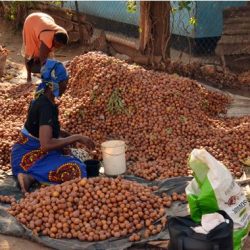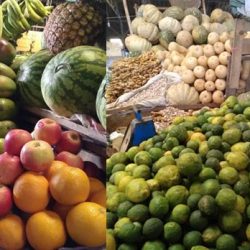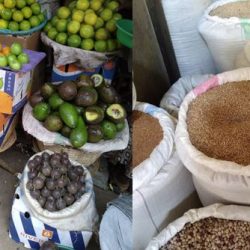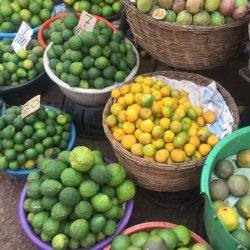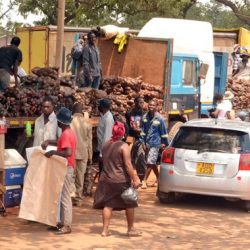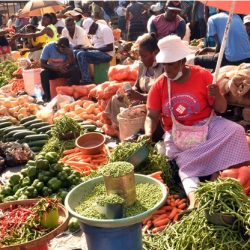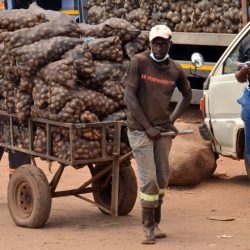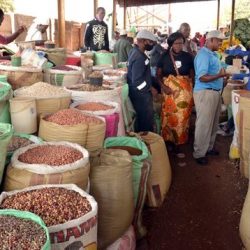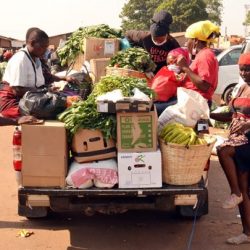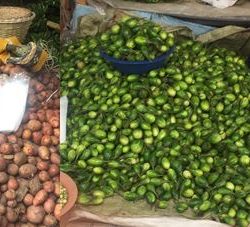Where does agriculture begin and end? Natural Ecosystems have Rights too!
Where does agriculture begin and end? Natural Ecosystems have Rights too! That food systems are more than agriculture is no longer debatable. However, what is worrying in most countries that depend on agriculture is the extent to which biodiversity and natural ecosystems are being destroyed in favor of agriculture. Conversely, the past few years have Read more about Where does agriculture begin and end? Natural Ecosystems have Rights too![…]

